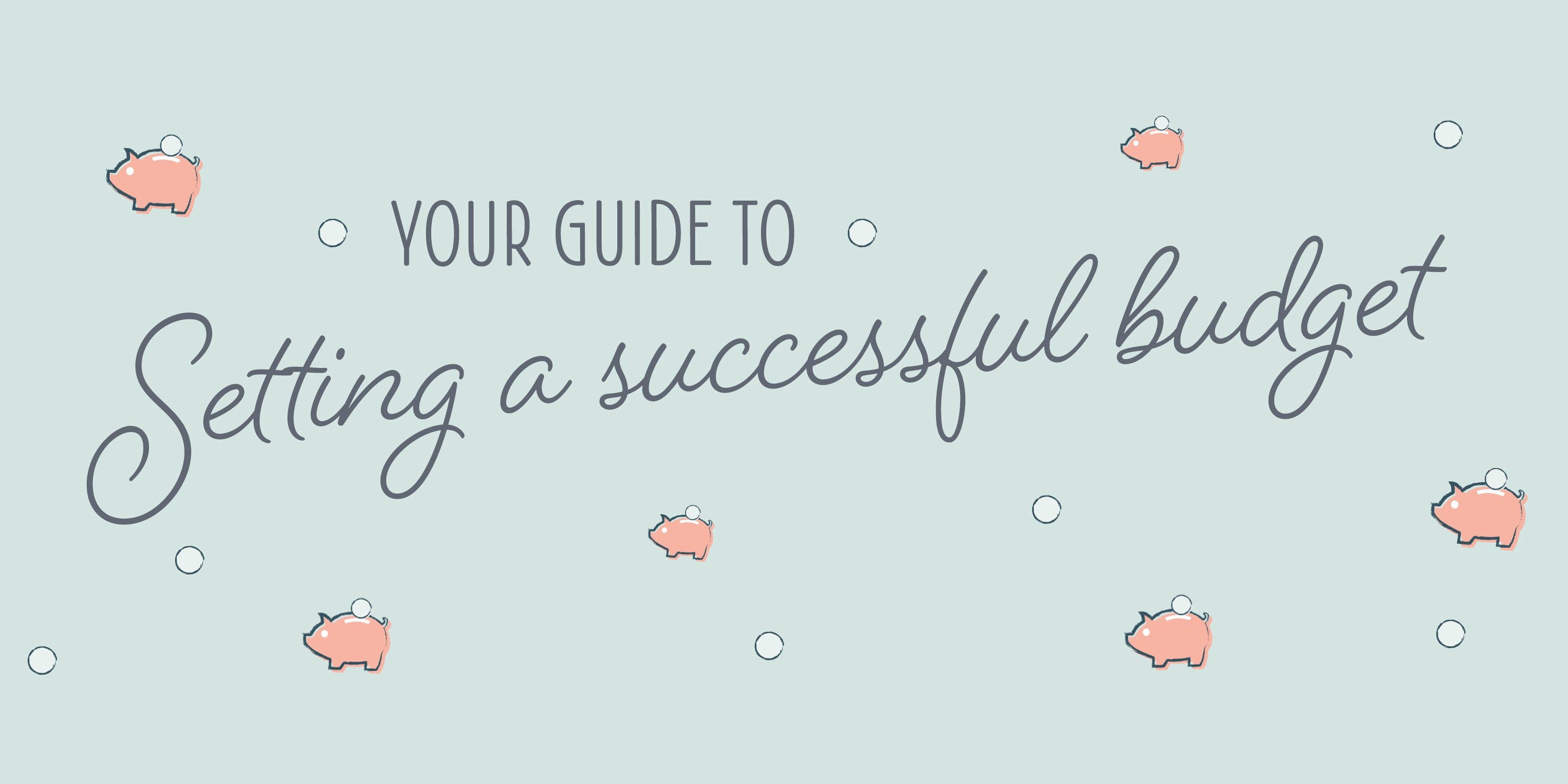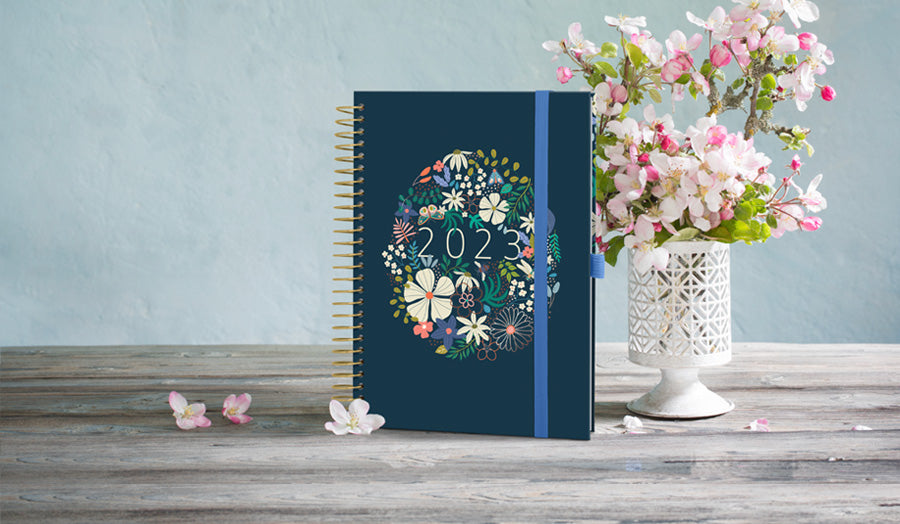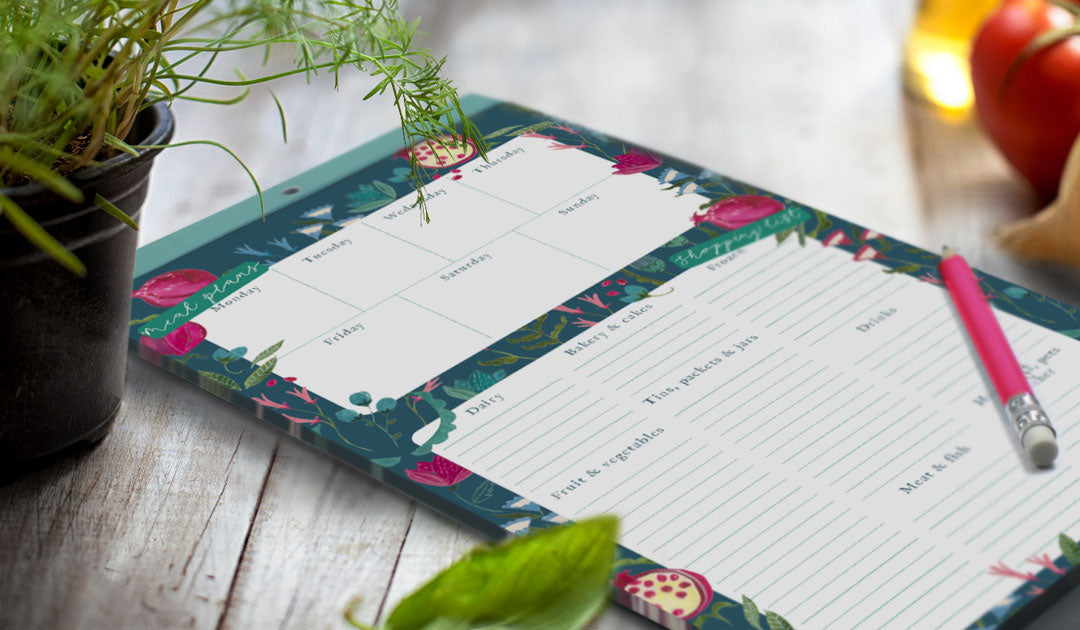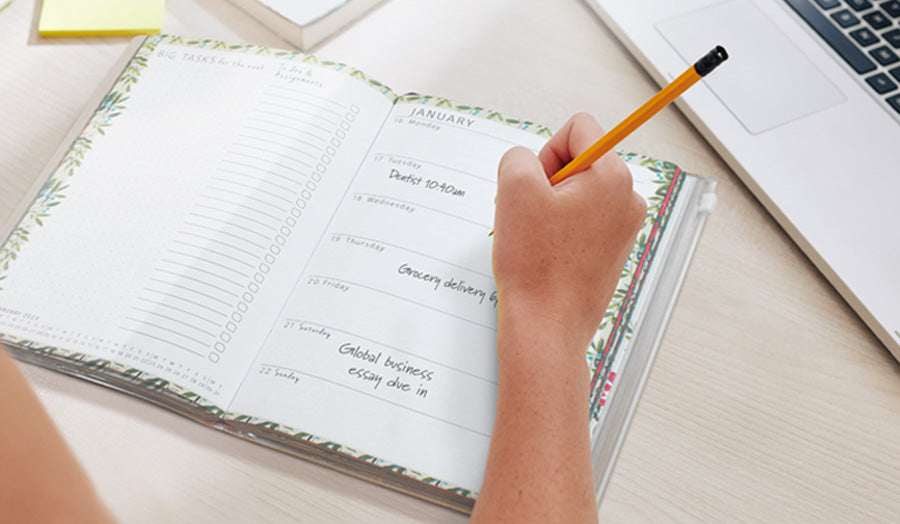
Top Tips for Setting a Budget and Sticking to It
Emily MaidmentChelsea Martin has been a long term user and advocate of the Big Budget Book, it plays an important part in her budgeting routine and has been a vital tool in transforming her family finances. Having learnt a wealth of knowledge from her personal journey, which you can read about here, she now loves to share her tips and tricks for achieving financial goals by setting up friendly budgeting groups. With so many tips to her name, we asked Chelsea to share her top five pieces of advice for budgeting beginners.
1. Work out where your money is going
Before you can start to create a budget, you need to understand where your money is going. Often, this is the hardest step towards success, but it can also be the most eye-opening and rewarding part too. For me, this involved a large piece of paper to write down every single bill that we had. This did not include our leisurely spending, just our needs. I then wrote down our monthly income, it was a hugely eye-opening process! This is where simply staying afloat ends and budgeting to reach your goals begins.
2. Hold budget meetings and prioritise your spending
Whether you’re working alone or with a spouse, it’s important to hold a budget meeting. The same time, same place, with the same people (family income contributors) as often you feel you need accountability. For us, it’s every Thursday night, after the children go to bed, as our paydays are every Friday. Our Big Budget Book comes out and we sit at the dining room table. We discuss what money we have left, our income for the week, current bills, and most importantly we assess how we performed between the last budget meeting and now, in order to work out how we can improve. This is also where we will prioritise our spending. Needs come first, always, then after the essentials are met, we decide how much we are allotting to paying our debt off. Our remaining balance is used to work out our ‘fun money’. This is guilt-free money, which is super important to have when you’re budgeting - it is as the name suggests, guilt-free spending after, and only after the aforementioned financial areas are settled.
3. Meal planning
I learned early on in my budgeting journey that food shopping and meal planning (or the lack thereof) is a black hole for money spending. Having a meal plan is one of the most crucial parts of working on your finances. Start by having a grocery budget in mind, a set number that you want to spend on your shopping and try not to go over it. We personally love online shopping. It’s really helped with our spending as it allows us to see our total cost increase as we add items to our basket - something that is near impossible walking down the aisles in a shop.
In our house, Monday’s are for meal planning. I take the time to write down a week’s worth of breakfasts, lunches, and dinners. Meat is the most expensive part of our meals so I plan around these ingredients. I buy in bulk and spread it out over a few dinners in order to make the most of our money. Planning has also helped us to cut out a lot of unhealthy foods and ingredients that would have otherwise sat in the fridge unused and eventually wasted.
4. Set goals
Whether you are striving to become debt-free, have a target amount of money that you would love to have in your savings account, are planning a lavish holiday, or even organising your dream wedding, everyone should have a financial goal in mind. Let it be known to yourself and whoever you’re working your budget with in order to maintain motivation. Write it down, note it in places where you will always see it (for me it’s in the inside cover of my Big Budget Book) and remember to plan and update your budget so that you’re always working to achieve your goal.
5. Fun Money
As previously mentioned, I believe fun money is a must-have within your budget. We work really hard for the cash that we make, so it is important to assign some of it to treats. Fun money is a guilt-free amount that you budget for every pay period to spend on things that you want, not need. The importance of having fun money is to be able to reward yourself while still practising self-control - something many of us (myself included) don’t have without a budget. Allocate yourself a sensible amount per period to spend how you want. Whether it be a coffee on the way to work or a new item of clothing from your favourite shop, the main take away from this is that once your fun money is gone, it’s gone for good. This will help cut down on frivolous spending and even open your eyes to areas you need to work on, while still giving yourself some leeway in the whole budgeting process.
Implementing these five steps in conjunction with the Big Budget Book has helped my family in unimaginable ways, hopefully, they can help you get well on your way to reaching your financial goals too.” - Chelsea Martin




